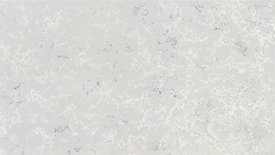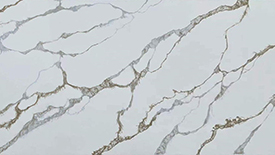Quartz stone and granite have very different appearances. Granite is a natural stone, which means it is composed of individual minerals that have been formed over millions of years by volcanic activity. As a result, granite is available in a wide range of colors and patterns, from solid white and black to more exotic combinations. These colors and patterns can be enhanced with professional polishing, which creates a glossy, reflective surface. Quartz stone, on the other hand, is composed of 95 percent crushed quartz, which is available in a limited range of colors and patterns. The remaining 5 percent is made up of resins and pigments, which are added to create a variety of colors and patterns, including those that mimic the look of granite and other natural stones.

2. Durability
When it comes to durability, quartz stone and granite are both very hard, making them both suitable for countertops and other applications that require a heavy-duty surface. However, granite is generally harder and more scratch-resistant than quartz stone. This is due to the fact that quartz stone is composed of a combination of crushed quartz and resins, which can be scratched or chipped more easily than granite. In addition, granite is naturally heat-resistant, while quartz stone is not and can be damaged by hot pots and pans.

3. Maintenance
When it comes to maintenance, granite is considered the more low-maintenance option. Granite is naturally stain-resistant and does not require resealing like quartz stone. To keep it looking its best, it should be wiped down with a damp cloth and a gentle cleaning solution. Quartz stone, on the other hand, requires regular resealing to protect it from staining. In addition, quartz stone is more susceptible to staining than granite, and it requires more frequent deep cleaning to keep it looking its best.

4. Cost
The cost of quartz stone and granite can vary depending on the type of stone, the size of the project, and the complexity of the installation. In general, quartz stone tends to be more expensive than granite. This is due to the fact that quartz stone requires more labor to install and needs to be professionally sealed to protect it from staining. In contrast, granite is relatively easy to install and does not require sealing, making it a less expensive option.

Overall, quartz stone and granite are both excellent materials for countertops and other applications. However, there are some important differences between the two materials that should be taken into consideration when deciding which one is best for a particular project. Granite is a naturally occurring stone that is available in a wide range of colors and patterns, is extremely durable and is relatively low-maintenance. Quartz stone is composed of crushed quartz and resins, is available in a limited range of colors and patterns and requires regular resealing to protect it from staining. In terms of cost, quartz stone tends to be more expensive than granite.
I wish everyone can find stones suitable for their home decoration. Xiamen Smarter Stone welcomes your choice!







